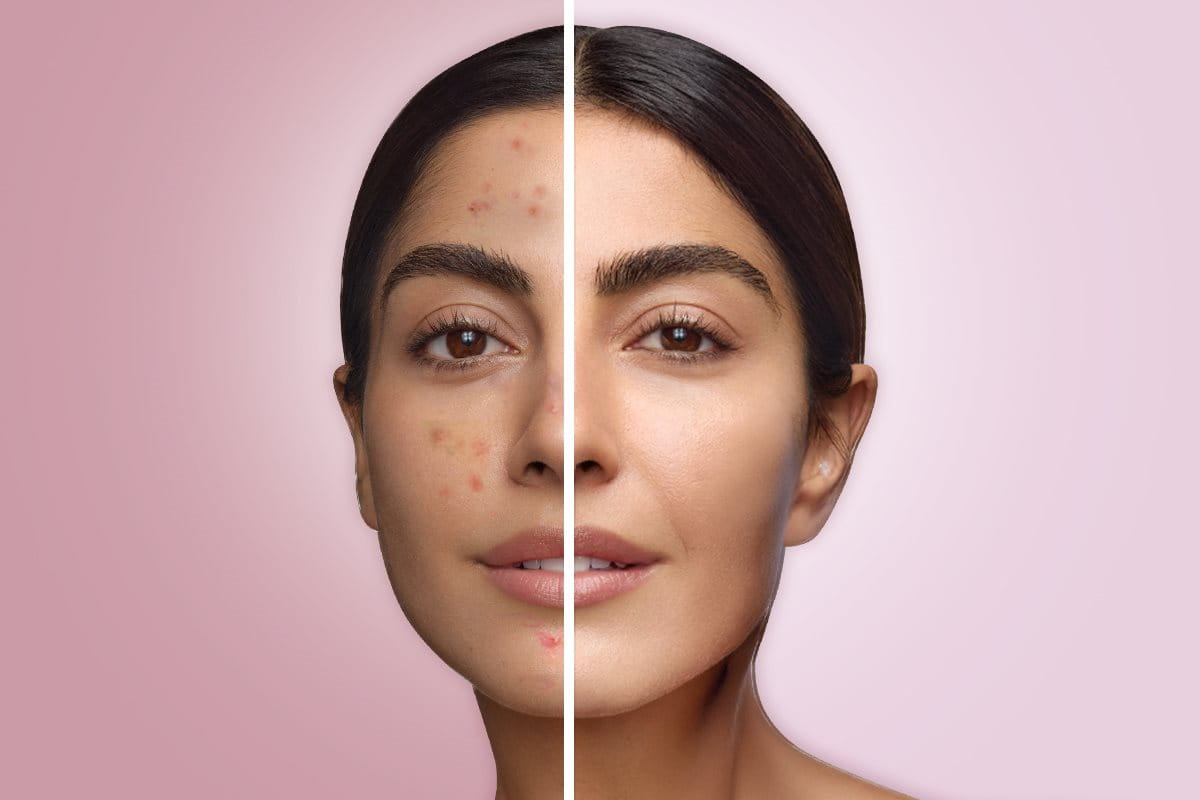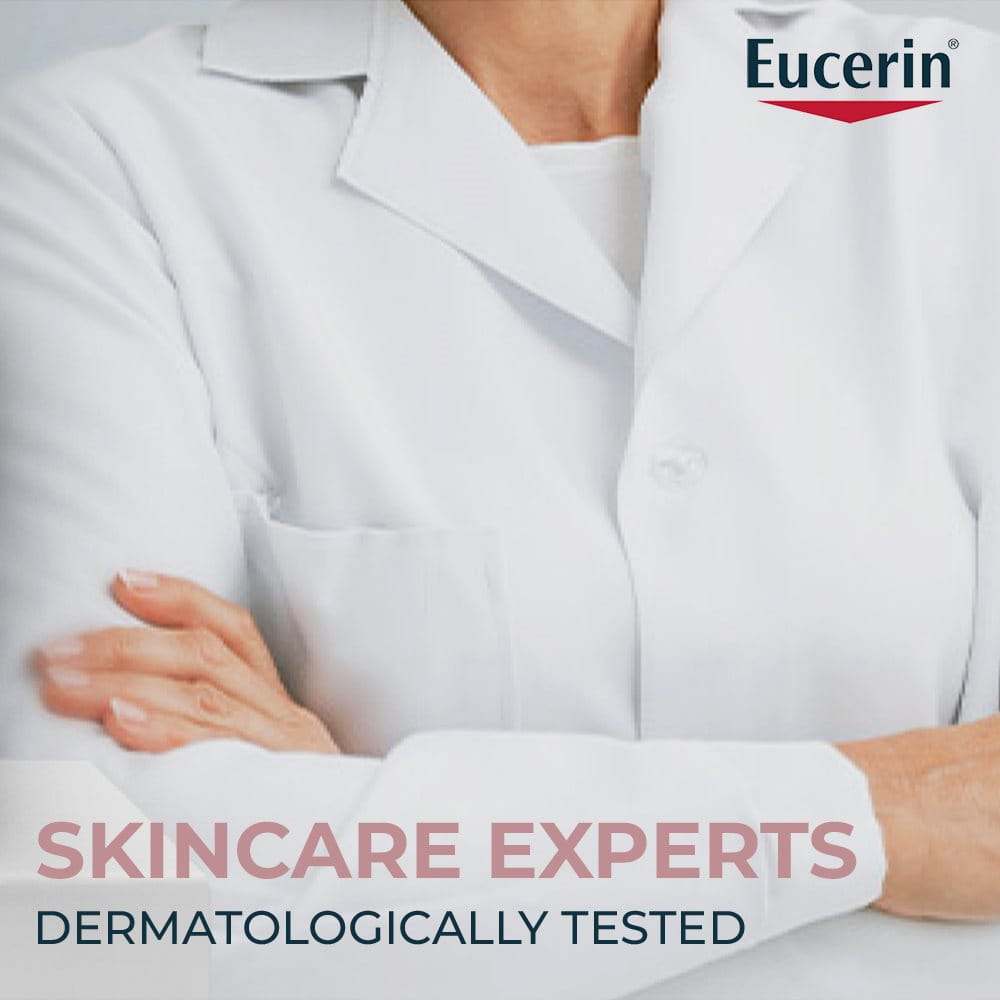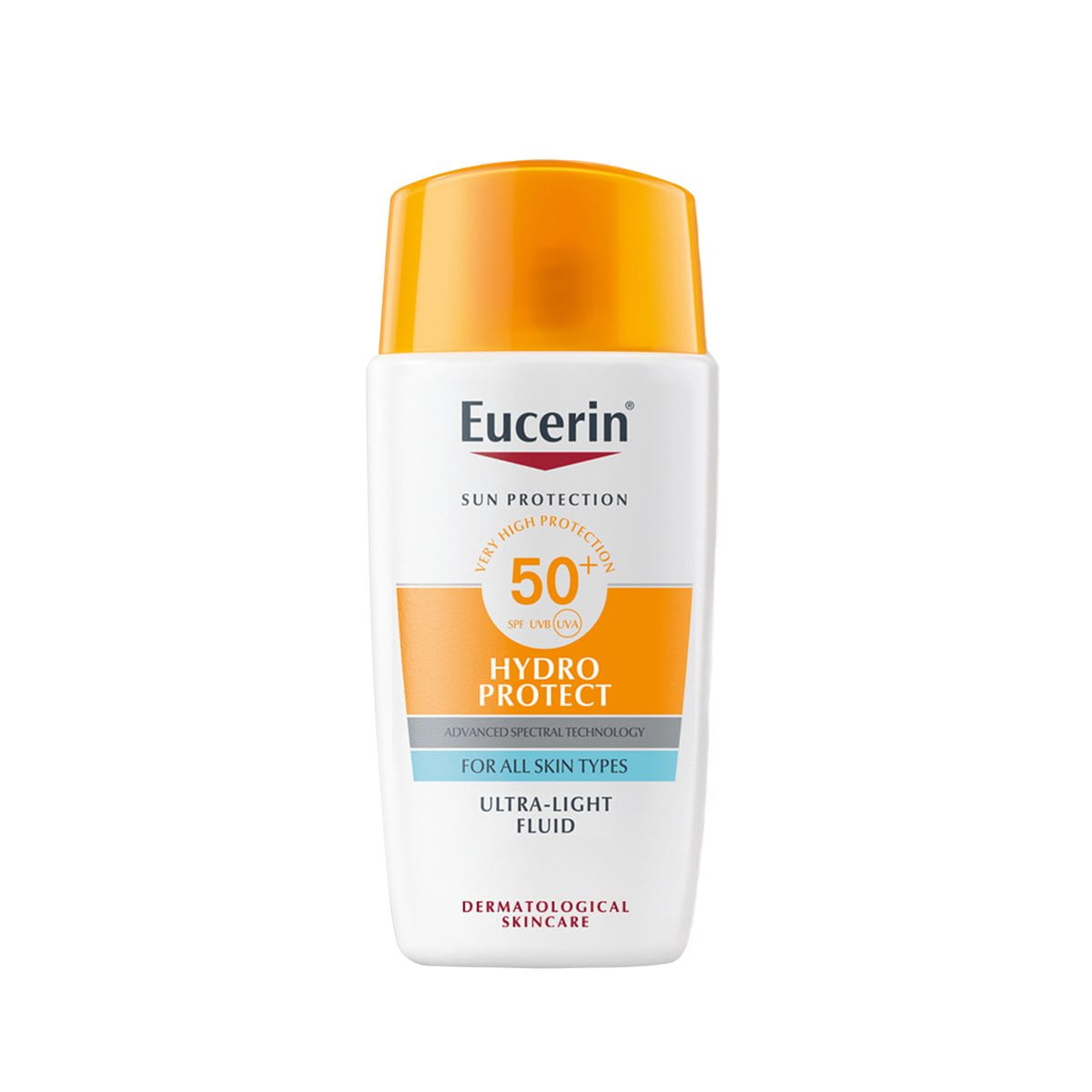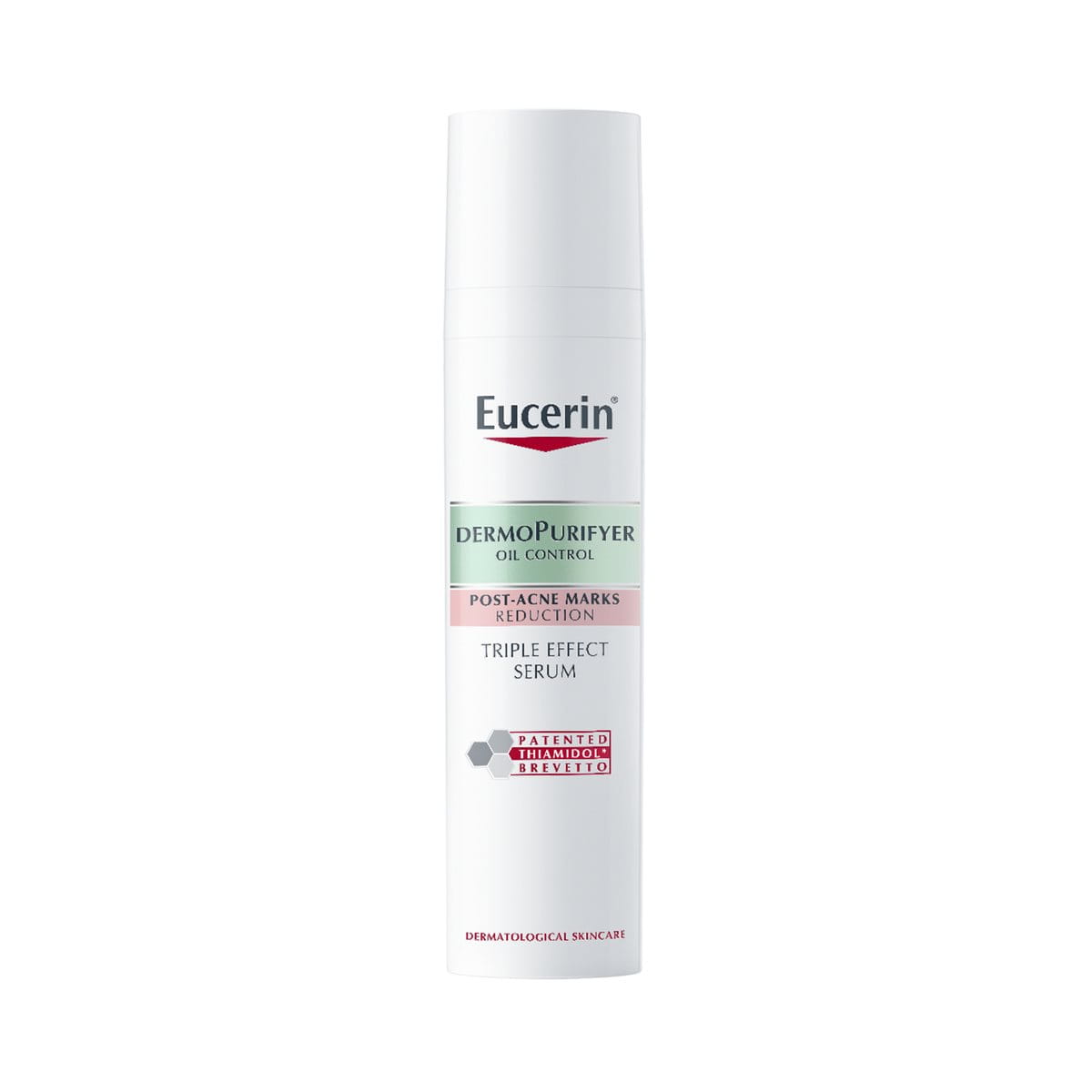So, how to cure inflammatory acne? Well, these types of severe acne breakouts are typically chronic in nature, which means they do not have a lasting cure, but the strategies listed below can make for a healthy regimen to reduce their occurrence over time.
OTC Products and Prescription Medication
Over-the-counter and prescription treatments are some of the most frequently adopted approaches in moderate types of inflammatory acne.
Common solutions you may notice in OTC products include:
- Benzoyl peroxide: This is a staple for treating bacterial growth and acne-type lesions. It is seen in gel, lotion, and cream-based formulas.
- Salicylic acid: Another gold standard for treating inflammatory acne is the trusted BHA salicylic acid. It essentially exfoliates the dead skin cells on the skin and helps unclog oily pores.
- Azelaic acid: This is a topical solution, often used to treat acne and conditions like rosacea due to its anti-bacterial and anti-inflammatory benefits.
- Retinoids: Common retinoids used in OTC are retinol, retinal (retinaldehyde) and adapalene, which not only help in exfoliating the skin but also boost collagen production.
After a thorough diagnosis of your skin condition, your dermatologist may also prescribe you oral medications such as antibiotics like tetracycline, oral contraceptive pills or oral retinoids such as isotretinoin.
Anti-Inflammatory Ingredients
Individuals may also benefit from incorporating anti-inflammatory ingredients into their skincare. For instance, the antioxidants in green tea and the anti-bacterial properties of licorice root extracts can boost your skin health and reduce inflammation. Oily skin types or people with oily T-zones may try weekly kaolin clay masks to reduce impurities and sebum from the skin.
Lifestyle and Dietary Adjustments
Following a healthy, balanced diet is essential to support youthful and even-toned skin. Individuals may benefit from reducing intake of over-processed products, high-glycemic foods, sugary treats and certain dairy products. Identifying and eliminating potential allergens in your diet can help decrease the severity of acne with time.
Your meal prep should include whole grains, a variety of vegetables, protein, antioxidant-rich fruits, probiotics and healthy fatty acids. All together, with adequate hydration, can boost wound healing, reduce inflammation and maintain skin barrier function.





